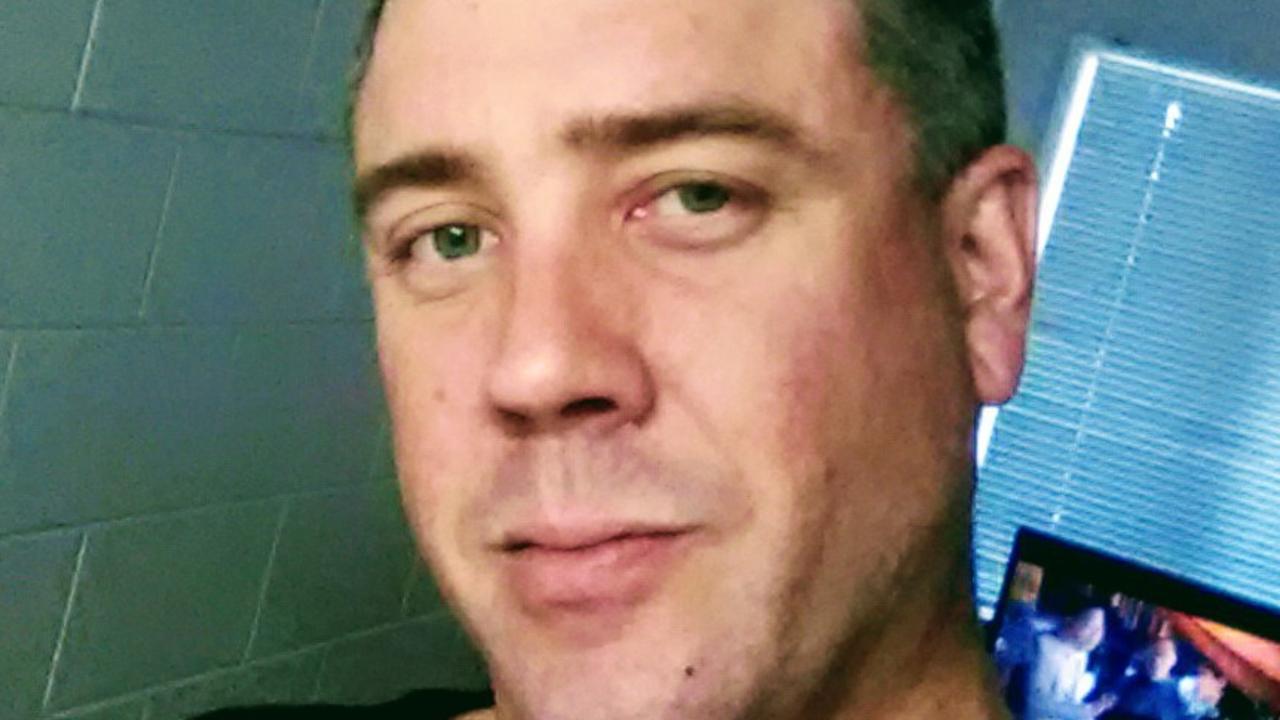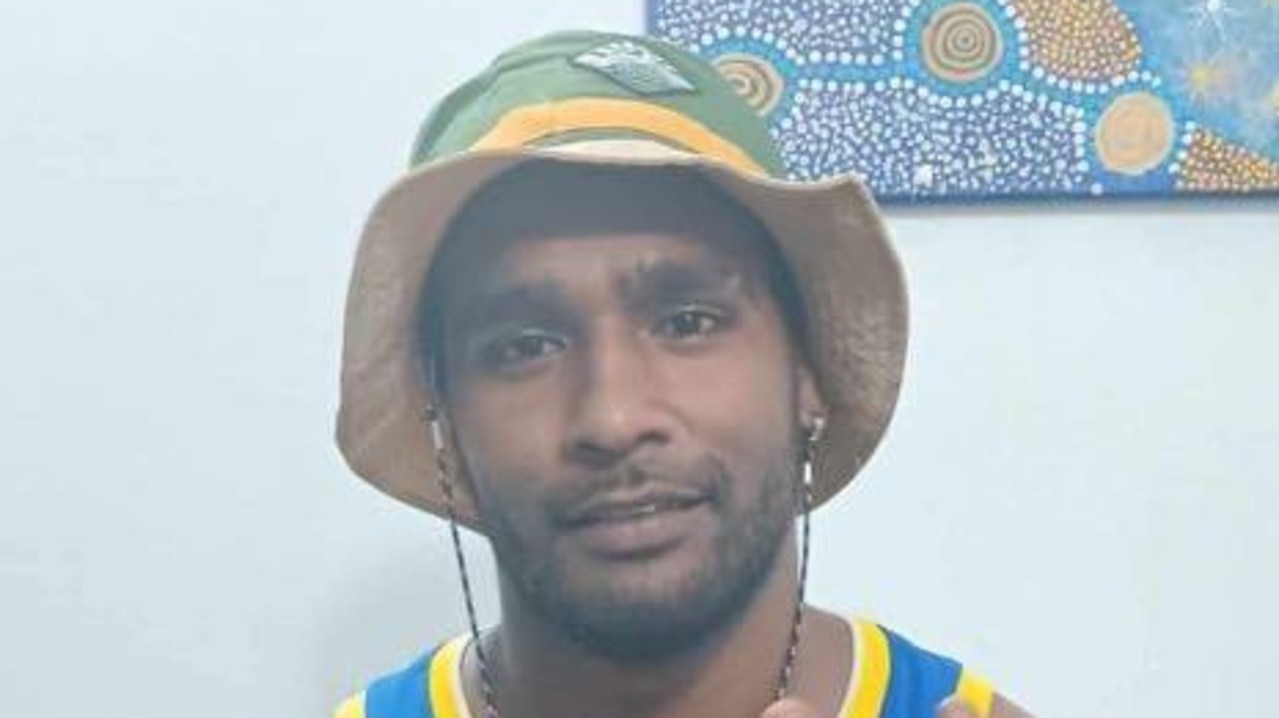Audra Pollard exposes police treatment of domestic family violence victims
A former sergeant who served at various stations across Queensland says she herself took part in the degrading treatment of victims “encased in a mentality” of police vs. the public.
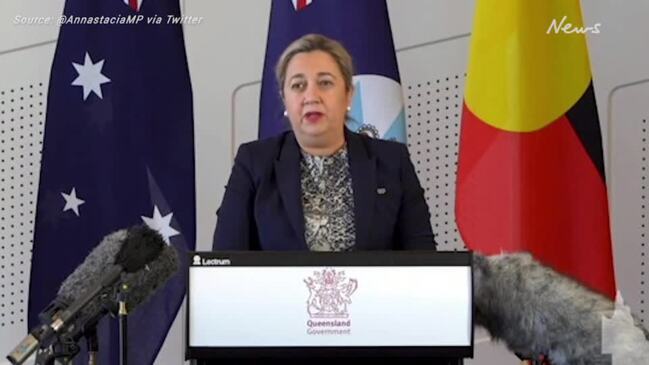
Police & Courts
Don't miss out on the headlines from Police & Courts. Followed categories will be added to My News.
A former police officer has revealed a toxic workplace culture she herself took part in resulted in the degrading treatment of victims of domestic violence.
Former Mackay Sergeant Audra Pollard – in her statement submitted to the Commission of Inquiry into Queensland Police Service Responses to Domestic and Family Violence – said the attitude among ranks was reminiscent of a pre-Fitzgerald inquiry era.
Hers was one of 365 submissions from current or former Queensland Police Service members whose evidence was heard over a five months period.
The inquiry produced a searing 400-page report which recommended 78 changes including an end to “police investigating police”.
Mrs Pollard in her statement said she formally resigned from the QPS on June 30 after 23 years of service including almost two years in Mackay, as well as time at the Gold Coast, Mt Isa, Mornington Island, Innisfail, Townsville, Brisbane, and Longreach.
Police vs. the public
Her statement said during her time in the force she “learnt and adopted” heavy-handed policing practices “encased in a mentality” of the police versus the public.
“I learnt self-preservation by suppressing emotions, managing stress through self-medicated options such as alcohol abuse, and I didn’t care about the public,” Mrs Pollard stated.
“The more times a person became known as a regular, the less support and empathy they received regardless of their reason for interaction with police.”
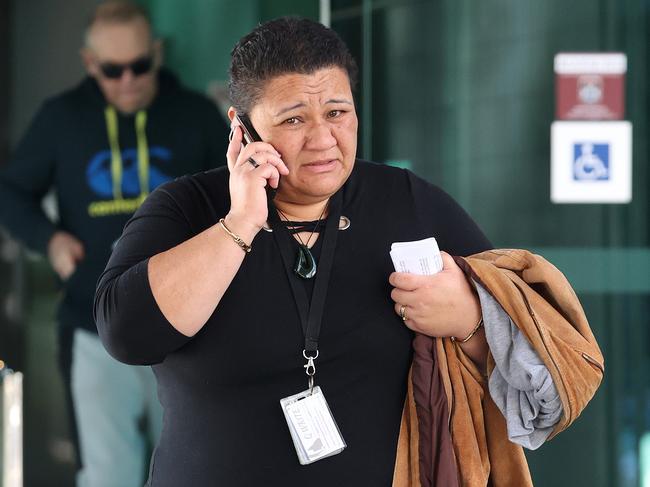
Mrs Pollard also presented evidence in person at the Brisbane Magistrates Court during the first week of the inquiry’s hearings.
Mrs Pollard said in her time working at various Police Communications Centres, “repeat callers” were referred to in a derogatory manner with comments like “Oh, that f--kwit has called again”, “That spoon’s on the line again”, and “Don’t bother sending a crew to that job, she’s just blowing hot air”.
She told the hearing there were a number of contributing factors like a statistics-driven system causing operational fatigue.
Struggle to convince a fellow officer about abuse
She relayed an anecdote when she struggled to convince a senior constable her own mother with advanced dementia was a “victim of elder abuse”.
“It was my older brother and my older sister that were the cause,” Mrs Pollard told the inquiry.
“I’m the baby of nine.
“No one else had the courage to stand up … I gained about six months worth of evidence that elder abuse was emotional abuse, financial.
“My mother … often behaved like a child when things didn’t actually go her way or she didn’t understand what was happening.”
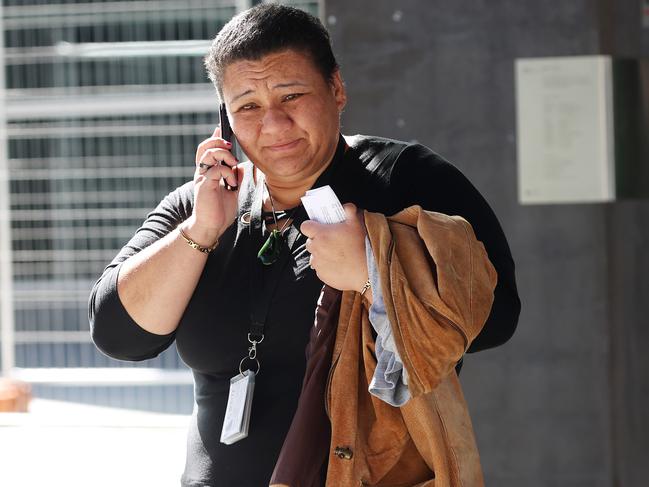
Mrs Pollard said the senior constable “continued to make excuses as to why it was not domestic violence” leaving her and her husband, who is a Mackay police sergeant in prosecutions, in “complete disbelief”.
“So what I ended up having to do, it was the first time I ever put in a 466 complaint against a police officer,” she said, adding she was unaware of the result.
Agendas, motivations, and opinions
In her written statement, Mrs Pollard further said that various QPS supervisors and managers had agendas, motivations and opinions which “largely influenced” the operational culture and outcomes of subordinates.
“I have worked with managers who are only interested in getting calls for service cleared from the job list; or were only interested in the statistics regardless of how they were achieved,” she said.
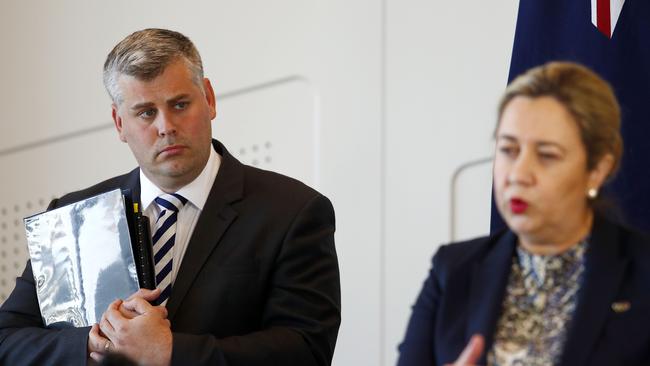
Her statement further slammed how police officers at Mt Isa, Mornington Island, Innisfail and Townsville treated victims and respondents of domestic family violence based on a person’s cultural, gender, or economic diversity.
“I was guilty of and witnessed police avoiding (or) delaying attendance to DFV calls for service; showing little empathy towards victims and respondents; stereotyping and being judgmental towards the aggrieved (male and female) for remaining in a DFV relationship; (and) performing the minimum action required to fulfil my policing responsibility,” Mrs Pollard wrote.
‘No care’ for victims of domestic family violence
She stated police rushed DFV investigations “with no care” for persons involved and unfairly judged the aggrieved in determining whether they were genuine victims.
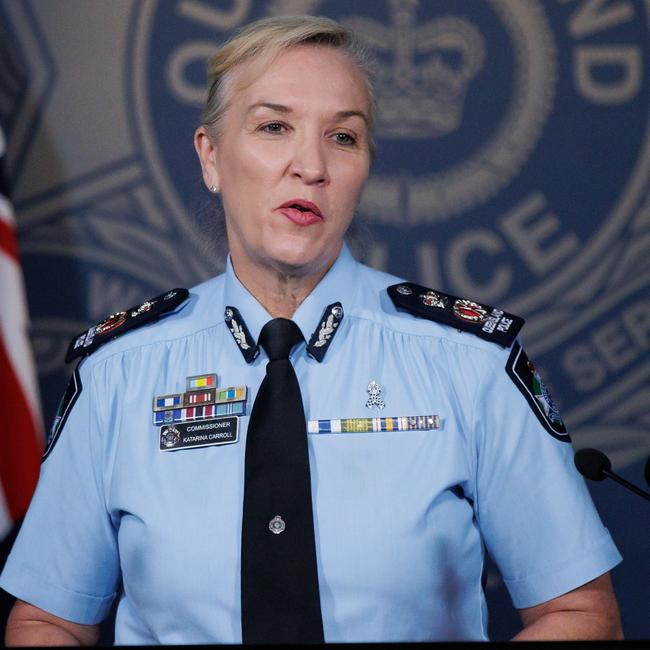
She added officers also intentionally delayed responding to DVF calls or devised diversions to avoid going.
“Unfortunately I don’t believe the policing culture has changed over the past 23 years,” Mrs Pollard said.
“Police are trained once in DFV at the Academy and given an online learning product to complete every now and again,” adding this was “a liability exercise”.
In responding to the inquiry’s report, the state government announced it would spend $100m to fund more specialist domestic violence police, add extra support workers in police stations as well as put on more victim liaison officers, domestic violence liaison officers and cultural liaison officers across Queensland.
Premier Annastacia Palaszczuk said the report was “confronting” and “disturbing” but said Police Commissioner Katarina Carroll as a “strong woman” would lead the reform.
Commissioner Carroll said the report was ‘difficult to read’ and ‘presents many examples where we should have done better for our community and our own people’.
“I acknowledge these issues and how they have affected the way we interact with the most vulnerable people in our community. For those who have experienced this, I am deeply sorry,” Commissioner Carroll said.
“There have been some examples of racism, misogyny and sexist behaviour which is not acceptable in our community – and even less acceptable from our police.
“Our police are our community, but we will rightly be held to a higher standard.”
Commissioner Carroll said it had been an incredibly difficult time for the good people in the QPS, and she stood by the thousands of officers who made a difference every day.
“To our police who do their best for their communities every day – through these recommendations and nation-leading reforms, you will be even better supported to respond to domestic and family violence,” she said.
She said the inquiry had also revealed the QPS’ disciplinary system, the Local Managerial Resolution, had not been effective.
“As the Commissioner, this ultimately stops with me. I will not accept bad behaviour or stand by those who do not meet the standard expected of them. We have already made changes within our LMR system to ensure we can hold members accountable for their actions,” she said.
“The recommendations are an opportunity for us to learn, grow and do better.”




